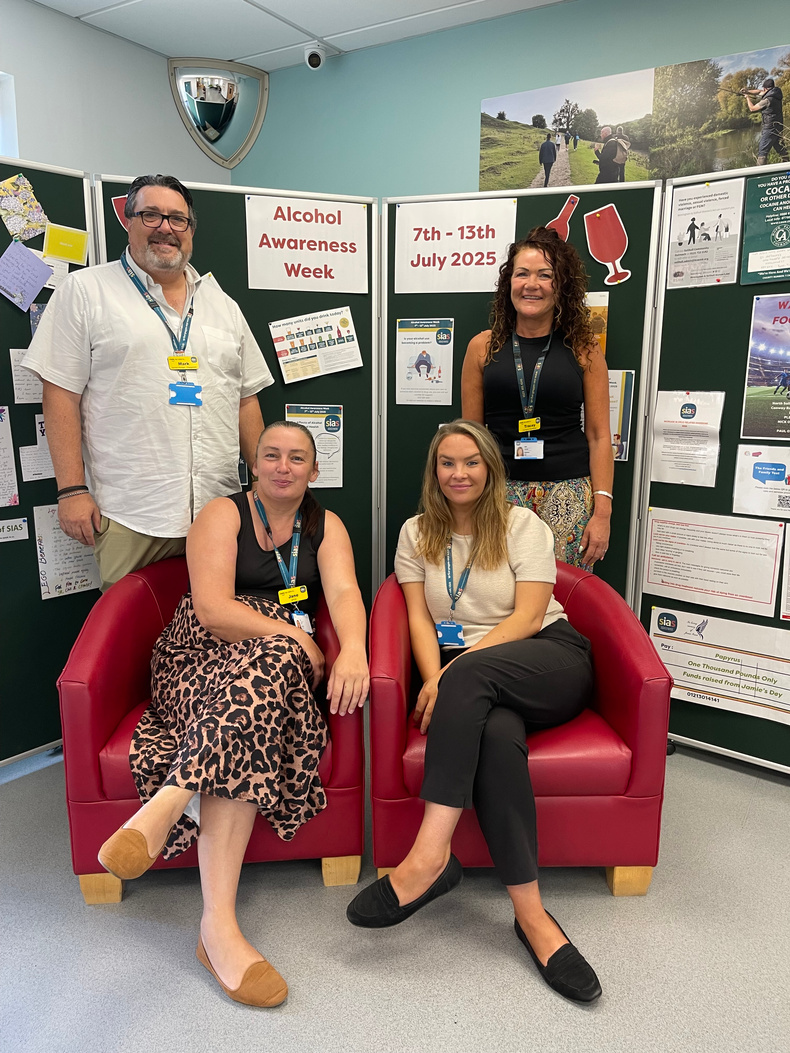Community service urges businesses to start conversations at work around Alcohol Awareness Week

Alcohol Awareness Week, taking place from 7-13 July, focuses on the theme of alcohol and work, providing the opportunity to raise awareness and campaign for change.
With around 17 million working days lost due to alcohol-related illness every year, resulting in an annual economic loss of around £7 billion, alcohol misuse has become a public health crisis.
Alcohol Awareness Week creates the opportunity for businesses to look at the role alcohol plays in their organisation and consider if changes could be made for the health and wellbeing of their workforce.
Individuals too can think about their own drinking and consider the links between alcohol and stress caused perhaps by a heavy workload, as well as the impact of socialising at work and peer pressure to drink alcohol at events.
Starting a new conversation around the relationship between work and alcohol helps everyone to understand the issues involved, share advice and make changes if necessary to improve wellbeing. The overall aim of the campaign is to improve workplace cultures around alcohol and create healthy, productive and positive environments for all.
Mark Pemberton, service manager-marketing and engagement commented: “We welcome enquiries from any organisation who would like to enhance their wellbeing programme, or from those who have real concerns about specific employees.
“Raising awareness with open and honest communication to employees in general, and early intervention with those who are struggling, make an enormous difference with the main objective being a healthy and productive workforce.”
For anyone whose life is being negatively affected by their own or someone else’s substance use, free and confidential help is available from SIAS. Commissioned by Solihull Borough Council, SIAS’s mission is to support recovery, reduce harm and rebuild lives.
Based in Marston Green, all services can be accessed by calling the helpline 0121 301 4141.
Further information is available from the website.
